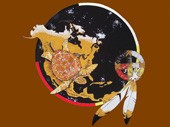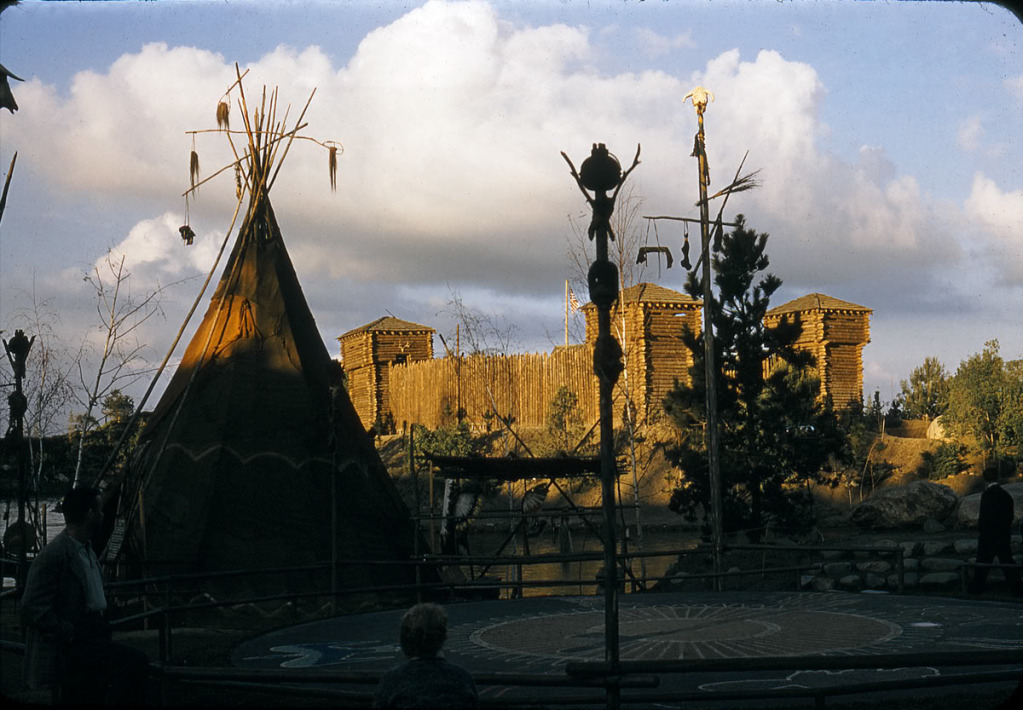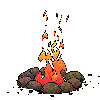
coloured.jpg)
Reservations are Indian land?

But then the reservations were invented by Europeans, not by Indians. They wanted them "out of the way" in order to have unlimited free reign for their lust for recources, timber, gold, silver and anything else that Europeans used to have an unlimited


craving for. Any news about gold, even without any real proof and just based on merely rumours would cause Europeans to really go beserk and forget anything else.
Army forts were built near Indian reservations
Back in the 16th century, when Inca emperor Atahualpa met the notorious Spanish conquistador Francisco Pizarro he asked him whether Europeans perhaps "eat gold or use it for medicine" when he saw how interested they were in the metal. And his son Manco Inca is noted to have said "Even if all the snow in the Andes would turn into gold, they still wouldn't be satisfied" which of course is inevitable to any kind of greed: the fact that there is never such thing as enough. And this weird lust for gold had not changed at all during the 19th century Indian wars of North America. It wouldn't be too far-fetched to assume that the Europeans didn't really know what to do with the Indians. Have them confined, civilize them, wipe them out... all these options that would shock us today when even hearing about it were seriously considered at the time. "Civilizing the Indian", even though Europeans didn't bother much to learn about Indian cultures as they saw it as inferior anyway, the general view on Indians, especially in the 19th century and before, was that they were all primitive savages. So they had to be "civilized" according to the general concensus of that time. So one army captain called Richard Henry Pratt founded the very first Indian school in Carlisle, Pennsylvania. His motto was to "kill the Indian, but save the man". And becaue of his career in the army, the regime was quite rigorous. No native languages but English only, no long hair for the boys (their braids were cut off), no native names, no dancing, uniforms for the boys, dresses for the girls, but lots and lots of Bible-talk, praying and other christian stuff. Many chilrdren died of deseases like cholera, or were victims of severe physical punishment or even sexual abuse.

back to articles



3
3